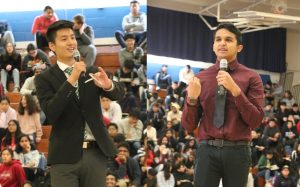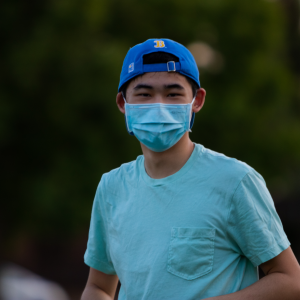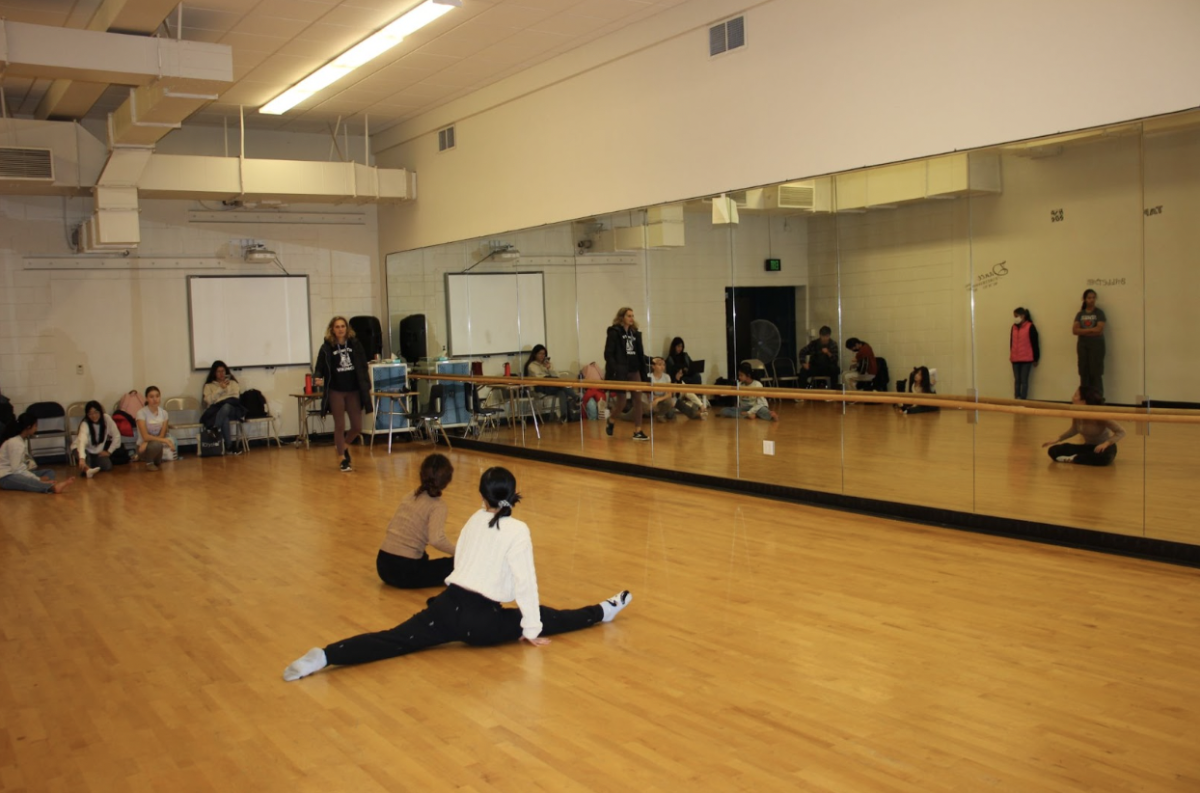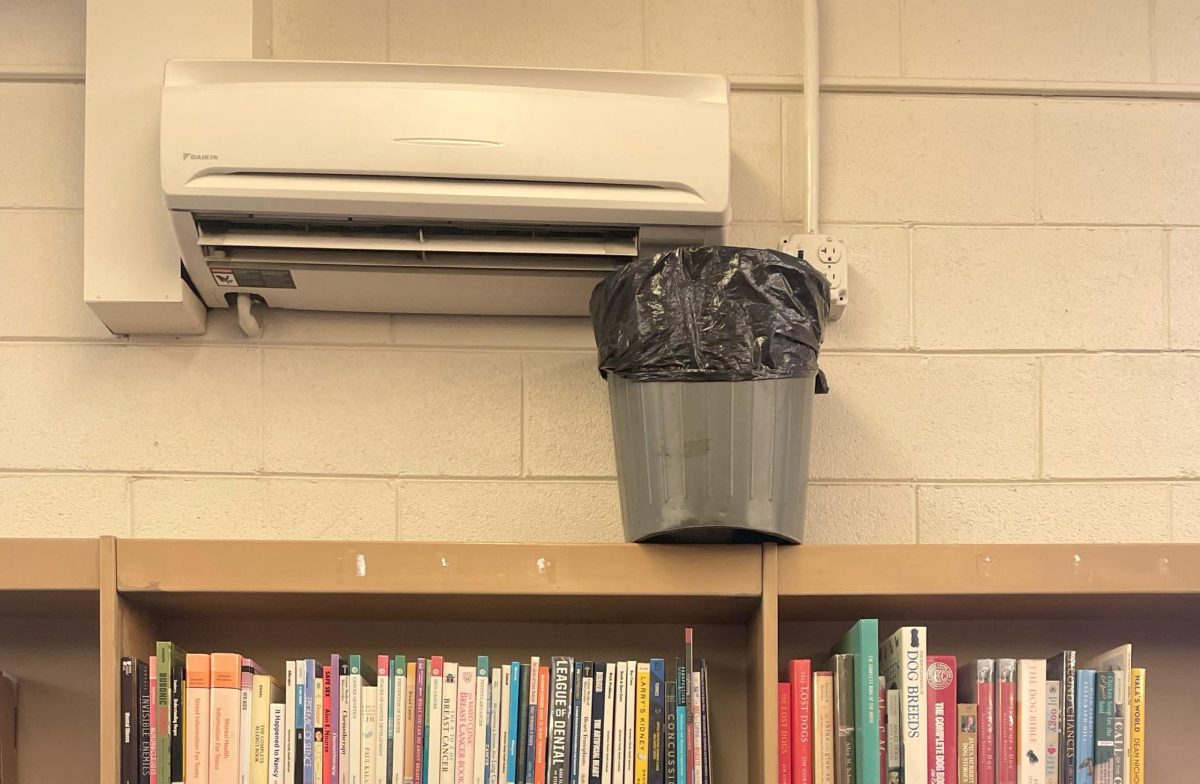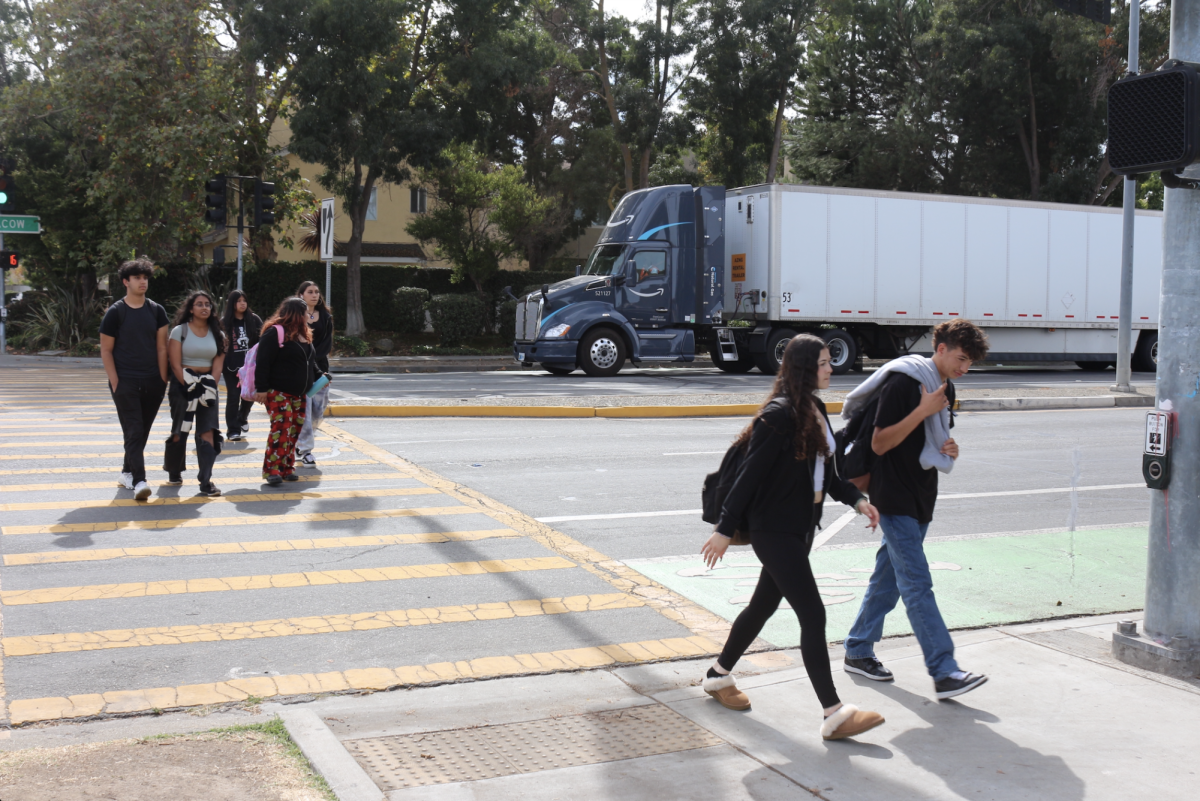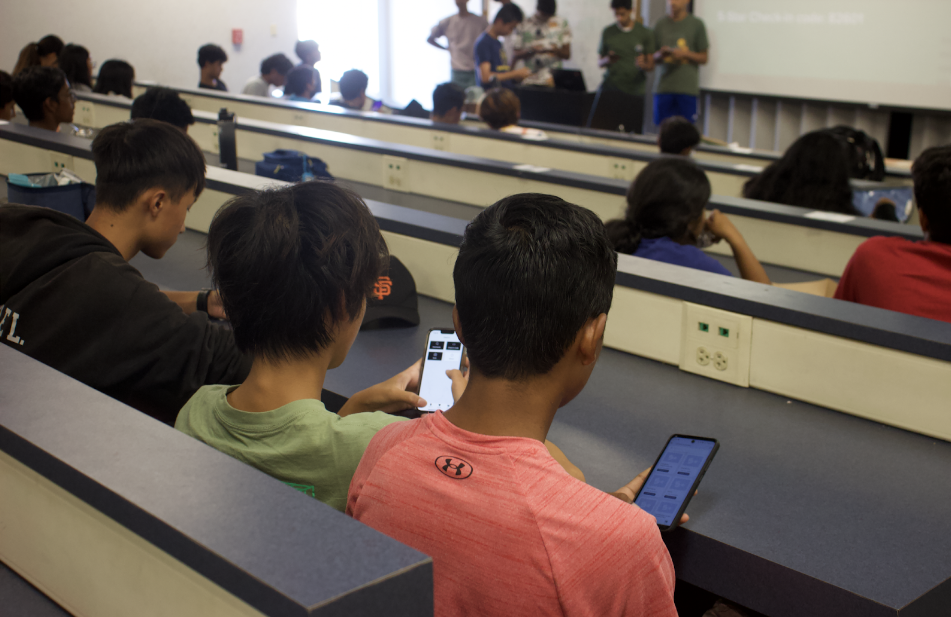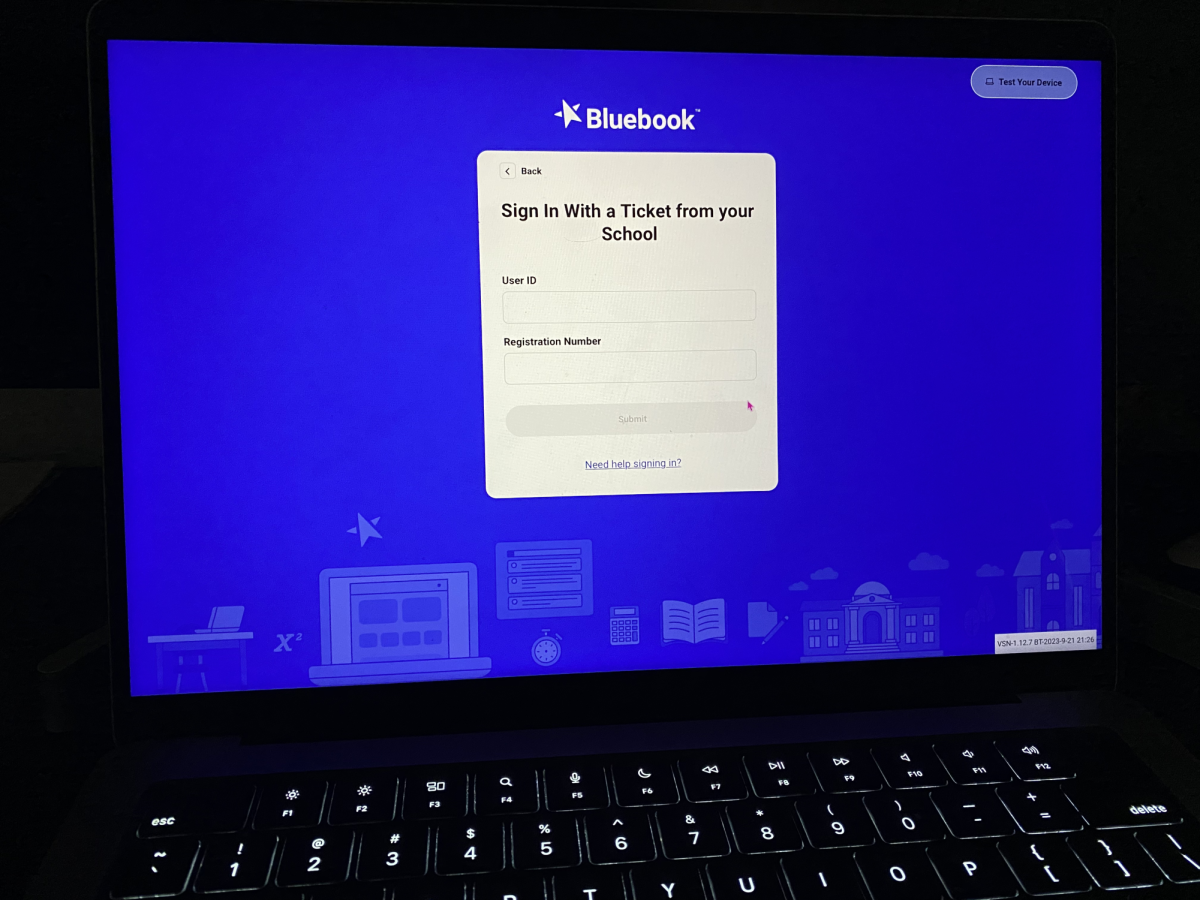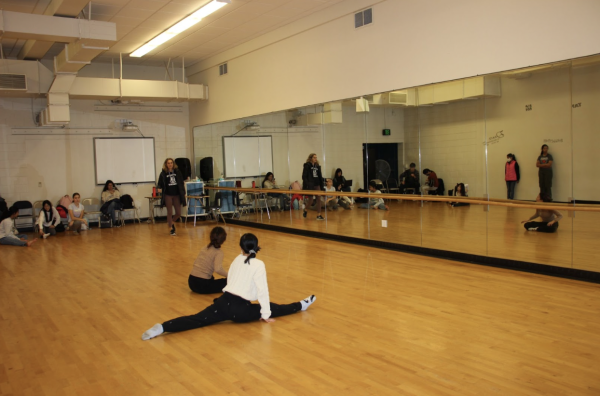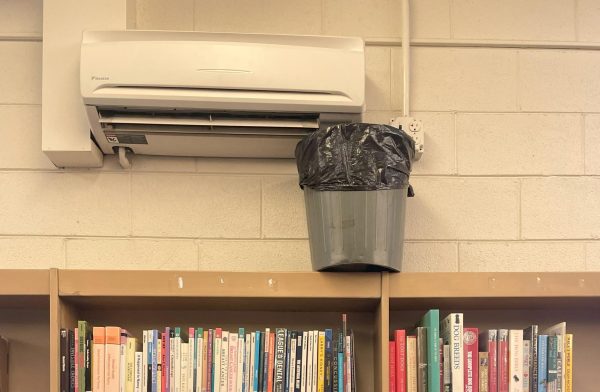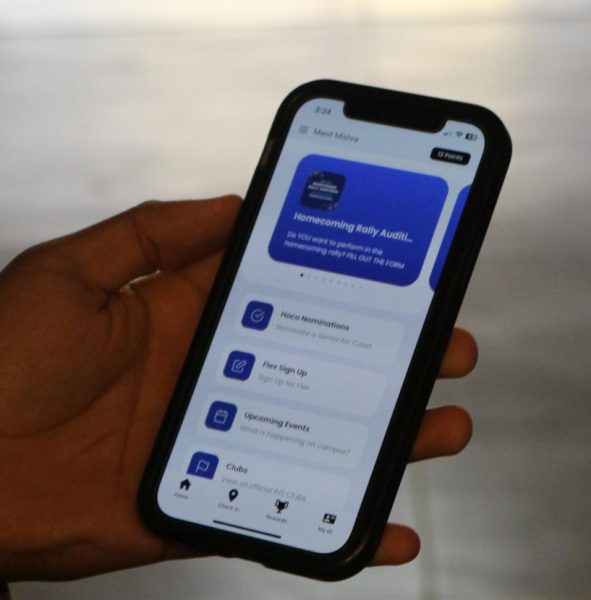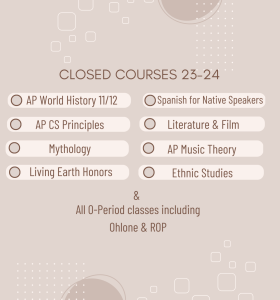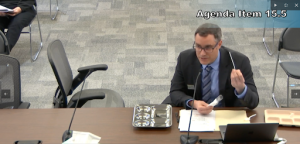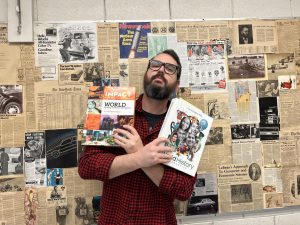A Conversation With: Krithik Varghese
December 12, 2019
Geoffrey: Hi Krithik! My name is Geoffrey, and I’m a staff writer at the Voice. Today I’ll be interviewing you about your ASG presidential campaign, as well as a bit on ASG itself. Let’s start with your campaign. How has running for president been different than running for other positions you’ve campaigned for?
Krithik: So I ran for class officer last year, and I think the biggest difference is that with running for class officer, you’re reaching to a base you know more about, because it’s people in your class, so it’s people you’ve probably met or talked with once or twice. But with ASG president you’re reaching to a much wider audience. You have to work and network people with people you probably haven’t met before. All the goals and everything you have are much more wide-scale and open-ended because you want more people to listen and understand your policies instead of a narrow focus on class policies when I was a class officer.
G: How do you outreach to some of the other classes with people you don’t have an audience with yet?
K: A lot of it is just talking with people you didn’t know. At this point, you usually know people from each class, so it’s just getting to know who they are and what their positions are on school issues and what matters to them to get an idea of what their main concerns are. Using that to approach a wider range than just a class and just going out there and asking people and interacting with people you don’t necessarily talk to about how they feel about the school and what they want to change about the school. For freshman class especially, since you have no understanding of them, you have to go out and talk to people you’ve never talked to before to have the interaction to start something to lead to future change.
G: If you could summarize your campaign in one word, how would you describe it?
K: My entire campaign can be summarized with transparency, unity, and connections, but I guess unity encompasses all three. That’s pretty much what I want to focus on in the next year.
G: What kind of leadership experience do you have?
K: I’ve been a freshmen class officer, junior class officer, and sophomore year I was LInk director. I’ve had every facet of ASG experience, not just class officer experience, but also just being a normal ASG member. You get a wider range of ideas flowing when you do Link and things like that. I’ve also been a club officer for the past two years, I’ve worked with competition based and service based clubs. Working with those things, you get a much better idea of connections and the process of things. I have a good understanding of the club system, and I think that will be beneficial when I have to understand the ASG as a whole (since clubs are such a big part of it). In general, in those three years, I’ve experienced ups and downs through being part of the ASG class; I’ve seen it morph in many ways and I’ve been able to understand what things could be more efficient or can be improved.
G: What is a defining moment in your experience that shapes who you are now and your campaign?
K: I would say freshmen orientation when I was a Link Director. Homecoming is really big, but for Homecoming, you have a team of Class Council members helping you. But for Link Director, you’re managing everything—the Link leaders are there but they don’t help as much in the process compared to Class Council. It was insane for me and Nava to pull off everything. There’s so many facets to the orientation; getting the food takes a lot of time and planning, for example. Each facet took a long time to ensure it was ready for the event, we spent basically the whole summer to plan. But the sheer moment seeing the whole gym filled with parents and students and seeing them enjoying the opening act of it; it was something so beyond me and it taught me how to deal with deadlines and planning and processes. Without that, the event wouldn’t have been as much of a success as it was. All of those things taught me the number of things to put on a great event and the sheer gratitude and relief you get when it goes well.
G: If you were president right now, what is the most urgent change you would like to implement?
K: I think the biggest thing we need to do, is to distribute ASG information to a wider audience. There’s so much information that ASG keeps that we don’t share to the student body —the constitution, record, things about our own budgets— we don’t publicly put that out there as a student government. But I think it’s important for the student body to know and see what’s going on. That’s what comes from a negative perception around ASG, that they don’t know what’s going on and they make their own assumptions about what happens. If we can give everyone all the information we have, we can help the student body understand what’s actually going on, and to understand what we do and the effort we put into all the events we host.
G: How would you better publicize what’s going on in ASG?
K: I think the issue we kinda get is that we close mind ourselves to only doing social media or something like that. But there’s so many other ways you can publicize. One thing we did in LInk in the sophomore year was giving free tickets to one of our events to all the freshmen English teachers so that they would have to pass them out and effectively force-feed them the information. But at least you know that everyone gets that information. I think for next year, we should do more things like that—getting teachers involved and letting them know where events are and using things like Loopmail and Schoolloop to publicize. Not everyone will have Instagram, Snapchat, or social media, but Schoolloop is a necessity. There’s also physical posters and flyers. Sometimes we neglect our physical publicity and focus on online things, but I think a combination of both physical and online publicity is important to reach as many segments of the population as possible.
G: What is one way you would gain input from the student body?
K: For one, our current system of the public forum needs a lot of work. There’s no incentive for people to come to our events. My main focus would be to figure out a tangible incentive for people to give us their feedback. I think also just having a more approachable ASG and being a lot more open and honest about what goes on and not try to seem like we will attack people for negative feedback would allow people to naturally give us more feedback. Some of us take negative feedback too personally sometimes, but it’s something that happens and you can’t expect everyone to be positive about everything.
G: We noticed on your website that there’s parts of the school that you sort of advertise on your website, but not really well. So how would you promote groups like band, choir, debate, robotics—some of the other groups on campus?
K: I think most of that is just a deterioration of our relationships with those groups. We don’t have direct communication with them; they do their thing, and we usually stay to ourselves. But one thing we should do is approach these groups and ask them what they need and what ASG could do to help them. If they want more people to go to their events and fundraisers, we can give them the outlet to help advertise for them. And for robotics and band, they win major competitions but we don’t give them the recognition for their achievements and the weeks they put into their work and success. So one thing I want to do is give these groups a platform for people to see all the effort these groups of people put in to go to competitions and perform at a higher level. And I think, generally speaking, we need to have better communication with them, a better foundation for us to collaborate.


